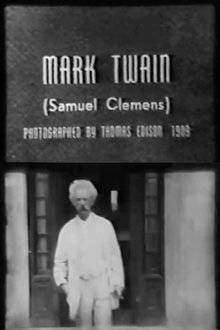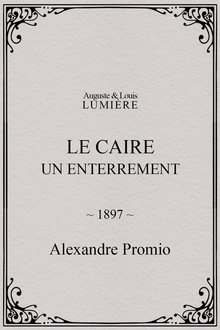Late 1800s cigarette advertisement produced by Thomas Edison Manufacturing.
Related Movies

Girls Taking Time Checks (1904)
Almost 200 women file by a device on the wall from which they take their time checks. A man runs half-way across the screen at the end of the film.

Panorama of Machine Co. Aisle (1904)
A camera on an overhead crane travels down a large, long aisle where men are shown working on large machinery on either side. Carts carrying equipment are shown traveling on rails down the aisles. There are also men walking in the aisles. From Bitzer's Westinghouse Works series.

Testing Large Turbines, Westinghouse Co. Works (1904)
On the left of the screen, a small group of men lift the top off of what appears to be a turbine with a crane and continue to check the machine, tightening various parts with wrenches. On the right side, a few men appear to be testing the workings of what may be a turbine.

From 3 to 22 (1966)
A movie follows a regular working day of a woman who works in a factory. She wakes up at 3am and goes to sleep at 10pm.
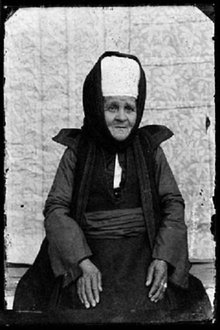
Grandma Despina (1905)
This scene is a part of the very first film shot produced by the Manaki Brothers. Despina, the Janaki and Milton Manaki's grandmother, was recorded weaving in one high-angle shot. For no apparent reason, the first shot made in Macedonia, in the Balkans in fact, made by these two cinematography pioneers, contains peculiar symbolics: at the moment when the grandmother Despina spins the weaving wheel, film starts rolling in our country.

Anniversary of the Revolution (1918)
A chronicle of the Russian Revolution of 1917, from the bourgeois democratic February Revolution to the great socialist October Revolution and the final triumph.
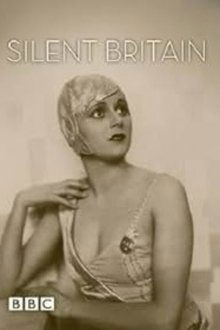
Silent Britain (2006)
Long treated with indifference by critics and historians, British silent cinema has only recently undergone the reevaluation it has long deserved, revealing it to be far richer than previously acknowledged. This documentary, featuring clips from a remarkable range of films, celebrates the early years of British filmmaking and spans from such pioneers as George Albert Smith and Cecil Hepworth to such later figures as Anthony Asquith, Maurice Elvey and, of course, Alfred Hitchcock.
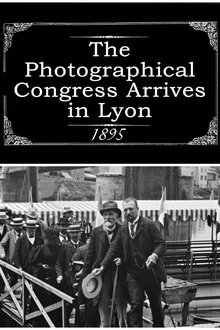
The Photographical Congress Arrives in Lyon (1895)
Down the gangway, photographers leave the deck of a riverboat in large numbers.
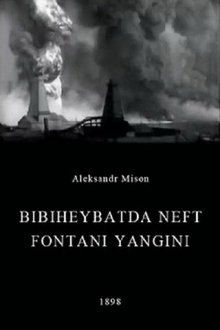
Oil Gush Fire in Bibiheybat (1898)
The film was filmed in Bibi-Heybat, a suburb of Baku (now the capital of Azerbaijan), during a fire at the Bibi-Heybat oil field. The film was shot on 35mm film by the Lumiere brothers in 1898. On August 2 of the same year, a demonstration of Alexander Michon's program took place, which included the film "Fire at an oil fountain in Bibiheybat".
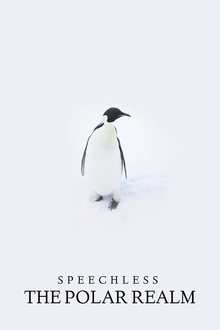
Speechless: The Polar Realm (2015)
Beautifully filmed by New Zealand nature photographer Richard Sidey over the past decade around the polar regions, Speechless: The Polar Realm is a visual meditation of light, life, loss and wonder at the ends of the globe. This is the second film in Sidey’s non-verbal trilogy which is comprised of: - Landscapes at the World’s Ends (2010) - Speechless: The Polar Realm (2015) - Elementa (2020)

Japonaise faisant sa toilette (1899)
A young woman in traditional Japanese attire fixes her hair and kimono while her servants assist her.

Voltige à cheval à Prague (1899)
A group of riders demonstrate equestrian vaulting, or voltige, on the outskirts of Prague.
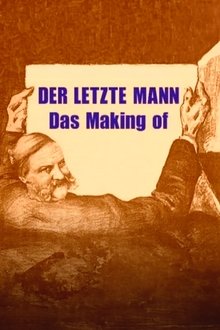
The Making of 'The Last Laugh' (2003)
This movie was featured on the DVD release of Der letzte Mann in 2004 in Germany.

Maillane : défilé des tambourinaires (1900)
A group of tambours and dancers in traditional outfits pass the camera.

Around China with a Movie Camera (2016)
A new film compiled from the BFI National Archive's unparalleled holdings of early films of China, features films from 1900-48 filmed across China. The cinematic journey of Around China with a Movie Camera contains many films which may never have been seen in China, or at the very least not for over 70 years. These travelogues, newsreels and home movies were made by a diverse group of British and French filmmakers, some professionals, but mainly enthusiastic amateurs, including intrepid tourists, colonial-era expatriates and Christian missionaries.

Three American Beauties (1906)
In this color-tinted short, we first see a close-up of a red rose, perfectly formed. Then, we see the rose held by a young woman who is wearing a bright yellow dress. She's the second beauty. Behind her is a slow dissolve to the US flag, tinted in red, white, and blue, blowing in the wind. Behind the flag is a star-lit sky.
